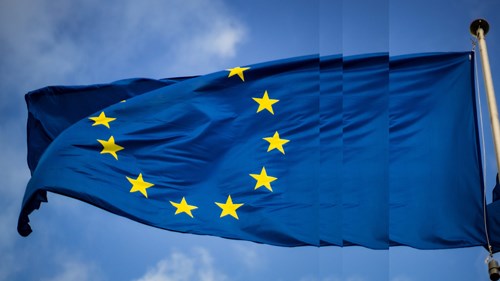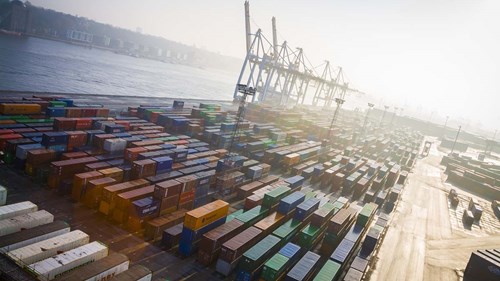Hungary: The legal consequences of the coronavirus for the performance of the contracts. “Force majeure”
The regulatory measures introduced and expected to be introduced to prevent the further spread of the coronavirus will significantly affect the fulfilment of the contractual obligations. The majority of economic operators are already facing delays in the delivery of certain products and raw materials, which in many cases leads to their inability to fulfil their contractual obligations.
The following is a brief summary of the solutions provided by the Hungarian legislation to deal with the current situation related to the spread of the epidemic and about the experience we have gained in the current situation which is worth using in the future.
Although the term “force majeure” is also used in the everyday language, it has no common and normative term in the Hungarian law. Court practice has established that force majeure is an irresistible force or unforeseen event, which no one can avoid. Based on this general definition, the contracting parties are obliged to fill the term of force majeure with specific content.
The legal consequences of a force majeure should be primarily determined by the contractual terms validly concluded by the parties.
Contracts already signed
If the epidemic already affects the fulfilment of the contractual obligations, it should be examined whether the parties have defined the term of “force majeure” in the contract and if so, how it was defined. If the term of force majeure was defined by the parties as an irresistible external cause, then it is broader and includes more than just an event which was unforeseeable by the signature of the contract. If the contract was signed after the first outbreak of the epidemic, then we are of the opinion that it is possible to argue that the outbreak was foreseeable.
Furthermore, it is important to emphasize that the application of the force majeure clause in the context of this epidemic requires that the specific obligation cannot be fulfilled due this kind of force majeure. In this case the burden of proof is placed on the party referring to the force majeure.
Should the parties have not agreed on the term of the force majeure, the rules of the Civil Code for the exemption of liability for damages applies. However, if a contracting party is unable to fulfil its contractual obligation, but provides proof that the damage occurred “in consequence of unforeseen circumstances beyond its control, and there had been no reasonable cause to take action for preventing or mitigating the damage”, the party will be relieved of liability and will be not liable for any damage caused to the other party.
In this case the defaulting party must prove that (i) the circumstance leading to the breach of contract is directly related to the outbreak of the epidemic as a reason beyond its control; (ii) it cannot be expected to avoid or mitigate its consequences with reasonable effort, and (iii) at the time of the conclusion of the contract, the coronavirus epidemic and its consequences in this particular case could not have been foreseen.
Contracts to be concluded in the future
In view of the current situation it is suggested to include in any future contract a specific reference to the coronavirus, i.e. define it explicitly as a “force majeure” event, and agree on who shall bear the additional costs caused by it.
The definition of the term depends on whether the company concerned is on the sales or purchasing side. It means that it has to face the consequence of not being able to fulfil its contractual obligations on time or its contractual partner will not fulfil its contractual obligations on time.
A compromise solution may be that the parties will bear the cost of the delay until a mutually agreed date.
However, it is important to emphasize that the experience gained from this unexpected event is that it is worth to be included in the existing General Terms and Conditions (GTC), which also govern long-term framework agreements, and to include the concept of force majeure, determining at the same time the procedure to be followed in the event of a force majeure event and clarifying the existing rules.









